Tourist season is beginning to open in Israel, with open-air markets, entertainment attractions, national parks, beaches, cable cars, swimming pools, and hotels beckoning locals to venture out and enjoy what this country has to offer.
While much of the world continues to battle rising numbers of new coronavirus infections, Israel has seen a drop in daily infections to just over a dozen cases.
“Go have fun,” Prime Minister Benjamin Netanyahu said on Tuesday night (May 26), in a government decision to lift restrictions on tourist attractions, swimming pools, and eateries that had been imposed in mid-March to curtail the spread of the novel coronavirus.
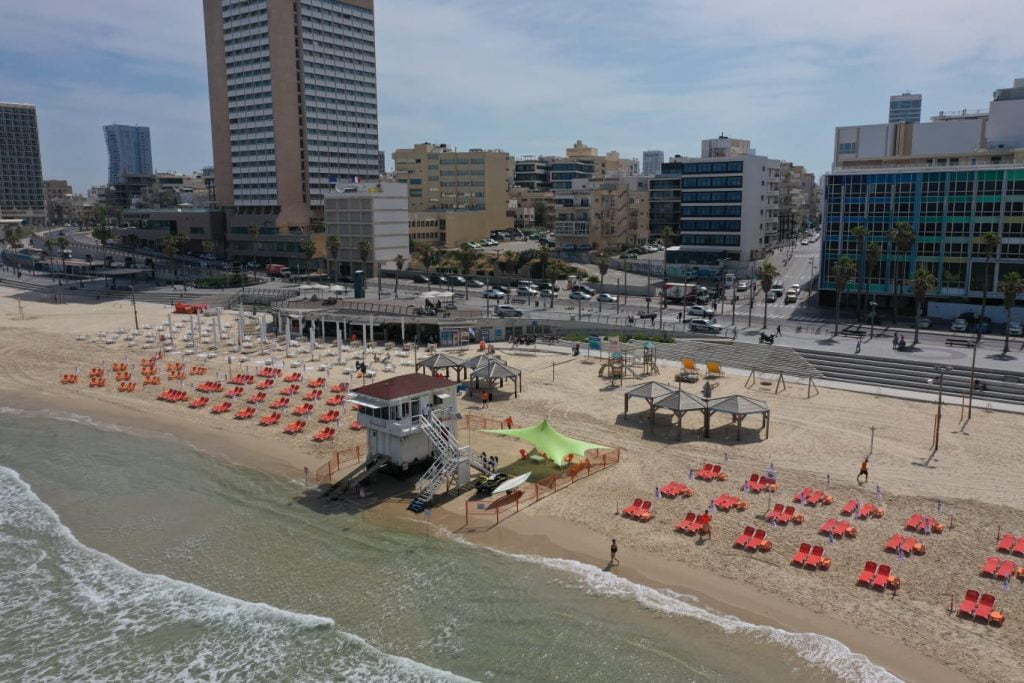
And while opening for business, there are still enhanced hygiene rules and measures regulating customers to stand at a distance, wear masks, limiting ratios of visitors at pools, cable cars, or at restaurants and bars at any given time. Fines ranging from NIS 2,000 – NIS 5,000 ($570-$1400) were announced for any establishment found not in compliance with the rules.
For the tourism sector, which has been eviscerated during this pandemic, the glimmer of hope for reopening their trade, even with these hygiene measures, is longed for.
“I am really, really looking forward to renewing business,” says Shelley Brinn, director of Tour Adumim, which runs activities ranging from museum programs to camel riding in the Adumim region between Jerusalem and the Dead Sea.
With sightseers the world over barred from visiting one another’s countries, tourism advocates have been voicing staycations and local travel possibilities in their home countries.
“This is a great opportunity for locals to finally get out and explore new regions in Israel that they haven’t been to before,” says Brinn.
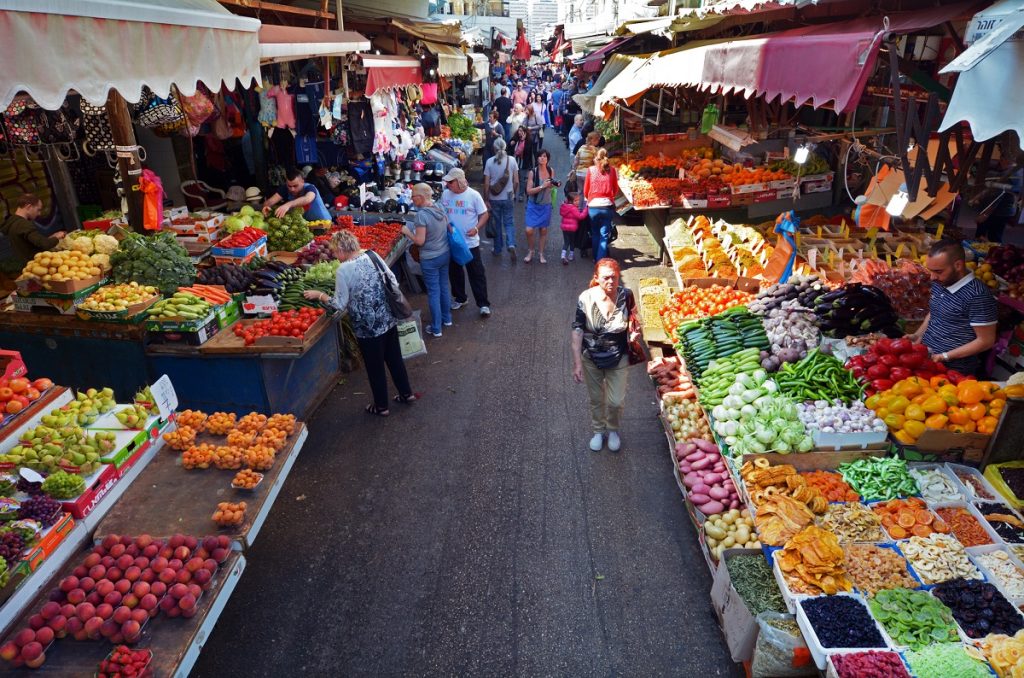
Indeed, Israel is world-renowned for its local landmarks, religious sites, spectacular beaches, fantastic food, historical archaeology, amazing markets, extreme sports fun, and lively nightlife. This is a country brimming with tourist offerings.
“These are the same kind of experiences Israelis would be doing in Amsterdam, Barcelona and around the world. There’s no reason not to do it here. There’s still plenty to learn and plenty of great food to taste,” says Inbal Baum, founder of Delicious Israel guided food tours.
In fact, Baum sees the need to stay home as a chance to see this country with new eyes.
“This is a perfect opportunity. It’s not a chance that people might otherwise take, because if they’re like me, they would jump over to somewhere else. But, here we are, so let’s learn about the foods here, let’s learn about the Argentinean woman making brownie alfajores and try the schnitzel sandwiches made by the young chef from Lod,” says Baum, who notes that the food tours are in full compliance with Health Ministry guidelines.
“The markets in Israel have every type of food imaginable, and there’s so much to learn about the history and diversity. For locals, we’ll add in more of the internationally ethnic food options that we wouldn’t usually include in our tours.”
After pigging out at the markets, taking a walk in nature could be a good next step. The country’s size makes for quick access to varying topography.
National parks started opening to the public, with obligatory advanced registration to maintain visitor quotas, earlier this month.
Now, the Mount Hermon Ski site is following suit and recently announced free guided tours atop Mount Hermon (with advanced registration) from May 29. Guides from the Society for the Protection of Nature in Israel will explain about the area, as well as offer an introduction to the unique flora and fauna of Mount Hermon. Take note that while the tours are free, if you’re planning on riding the cable car up to the meeting point, there is a fee.
Sign up for our free weekly newsletter
Subscribe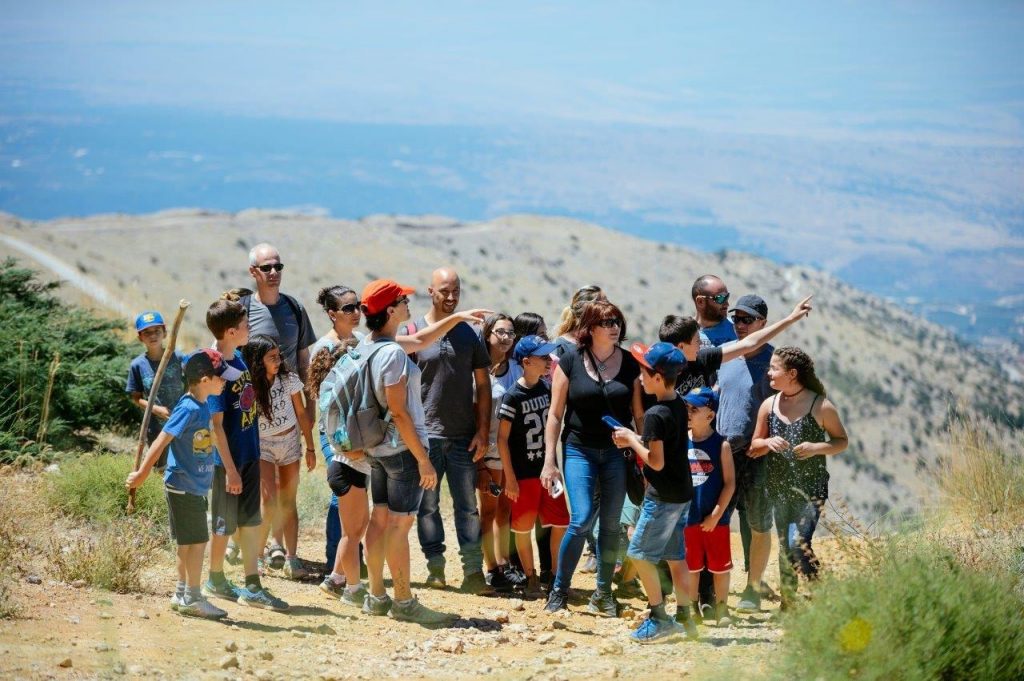
In the eyes of an international visitor, Israel is a top destination for its gorgeous coastline and water fun. Locals should take note, too.
The newest guidelines greenlighted the opening of swimming pools. While many Israelis are familiar with their local community center pool, now’s the time to visit the landmark Gordon Pool in Tel Aviv, overlooking the Mediterranean, or the Secret Pool in the Galilee, situated among olive groves.
From May 27, boating pursuits were put back on the allowed activities’ map.
Rafting down the Jordan River with Kfar Blum or Hagoshrim is a family-fun experience. Renting kayaks, surfboards and paddle boards are available at beaches around the country. And for the more adventurous, there are kayaking tours to the Rosh Hanikra grottos or in the Dead Sea.
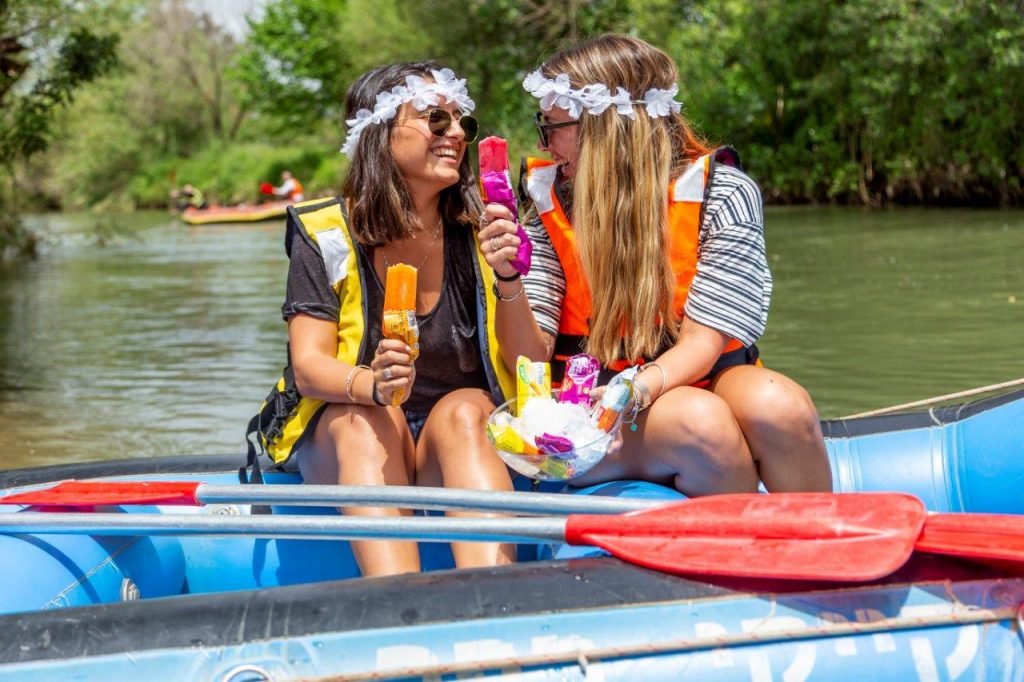
Meanwhile, the museums have also reopened to the public. Many of the museums had dedicated virtual tours of exhibits during the lockdown. Pop artist Jeff Koons was meant to open his solo exhibit at the Tel Aviv Museum of Art on March 10, but only his sculptures made it, while he was stuck in the US due to travel restrictions. The exhibit is running through October.
And religious sites are again open to the public – meaning now is the chance to visit some of the country’s best-known holy sites without massive crowding.
But cautious optimism is still the name of the game. Much of the travel sector is still unemployed: 96 percent of hotels closed during the COVID-19 pandemic and only a fraction of the country’s hotels reopened this month.
“Local tourism isn’t extensive enough to allow all hotels to open,” Israel Hotel Association President Amir Hayek told Hebrew media Ynet. “We’ve reached a point where even when they allow hotels to reopen, hoteliers need to ask themselves whether it’s worth it. Everyone is tight on money right now – all hotels – small and big.”
Having been named by various travel outfits, magazines, and governments as a Top 2020 Travel Destination, Israeli tourism expected to be exceptionally busy at this time of the year. The number of tourists had increased by 18 percent in 2019, compared to 2018’s 3.9 million tourists in Israel, according to Tourism Ministry data. And 2020 was earmarked to top that.
“The tourism industry is the backbone of our country, and people need to get back to their businesses,” Jerusalem Deputy Mayor Fleur Hassan-Nahoum told JNS. “We have just gone from our country’s highest employment rate to the lowest in its history.”
Now international visitors, who support the bulk of local tourism-related industries, are not expected to come back until mid-July at the earliest.
So, while domestic tourism kicks off, it is nonetheless in a cloud of uncertainty.
After announcing the Cabinet measure to reopen the economy, and with it the local tourism industry, the prime minister said: “So, first of all, enjoy yourselves, but we are monitoring developments, including the trends in morbidity; we are prepared accordingly. I hope that we will not have to make changes.”
Viva Sarah Press is a journalist and speaker. She writes and talks about the creativity and innovation taking place in Israel and beyond. www.vivaspress.com
Related posts

Rehabilitation Nation: Israeli Innovation On Road To Healing

Israeli High-Tech Sector 'Still Good' Despite Year Of War


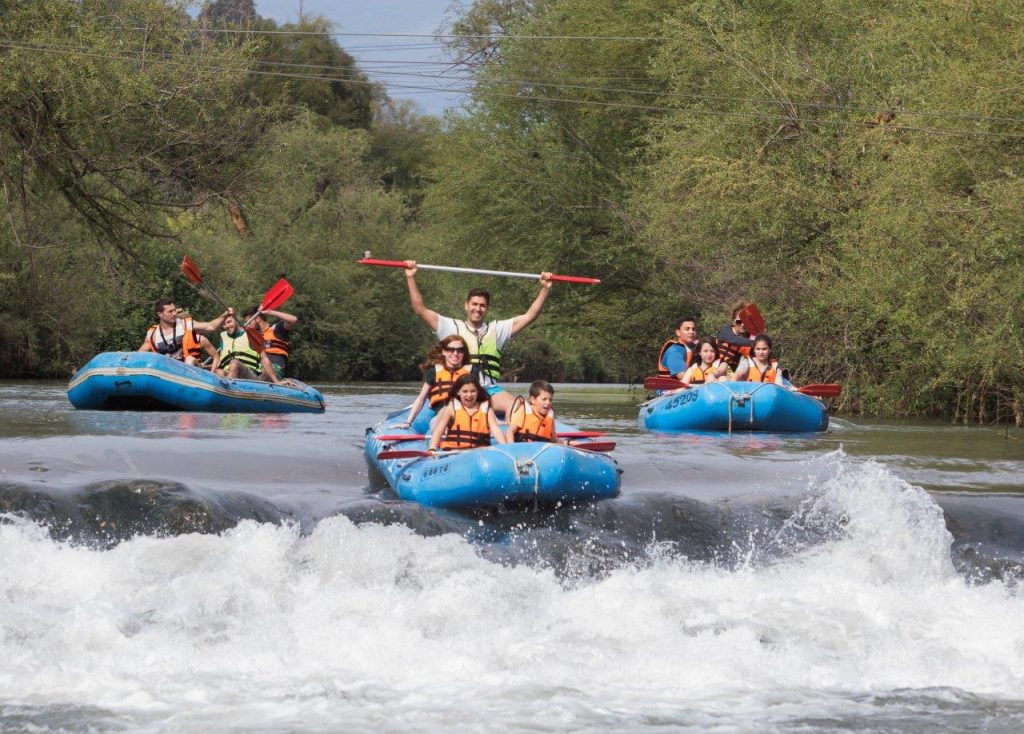
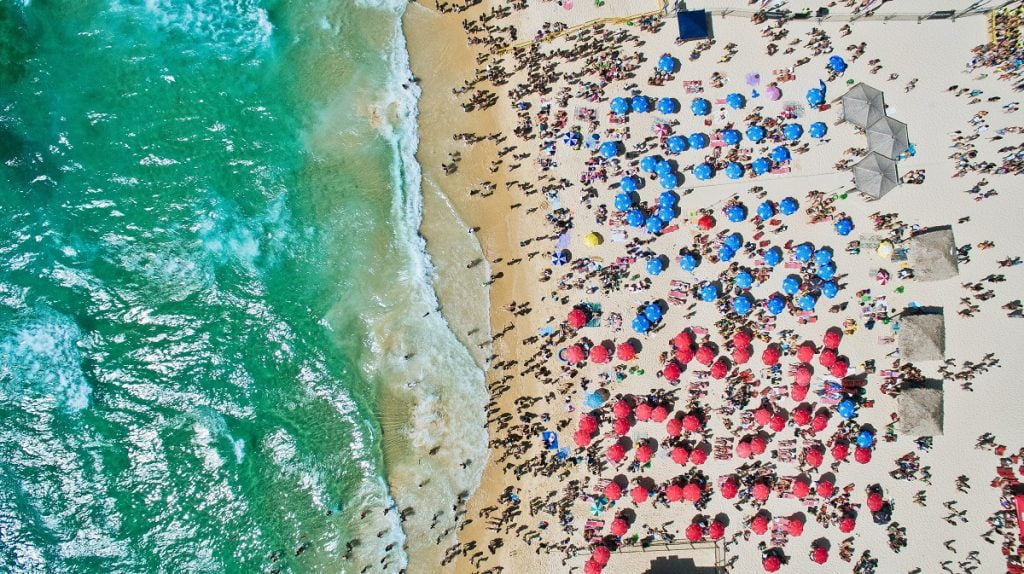



Facebook comments